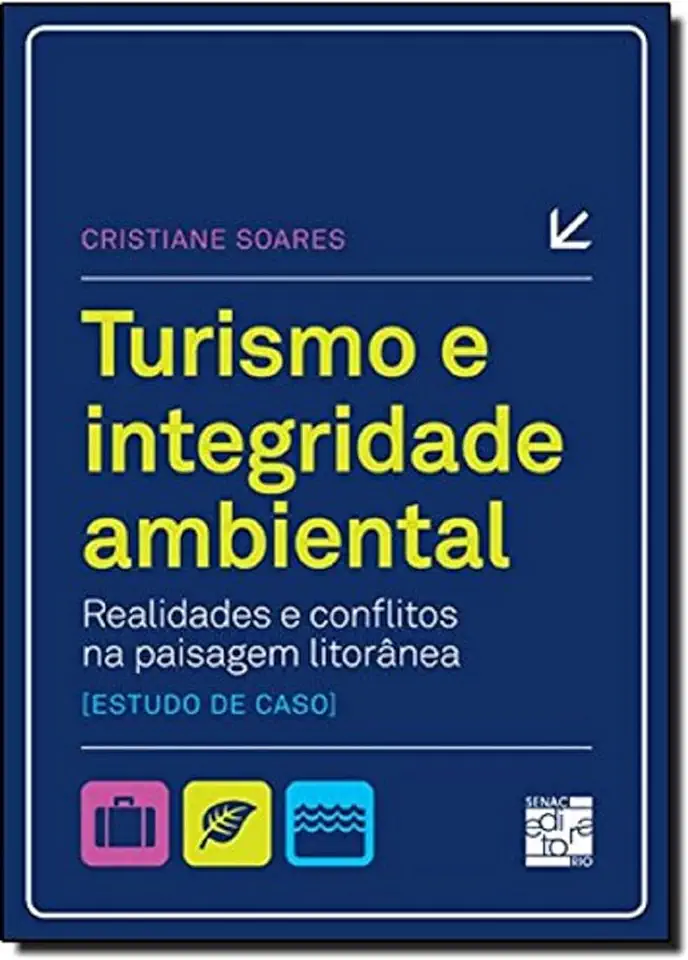
Tourism and Environmental Integrity - Cristiane Soares
Tourism and Environmental Integrity: A Comprehensive Guide to Sustainable Tourism Practices
Introduction
In today's world, tourism has become an integral part of our lives. It provides us with opportunities to explore new cultures, experience different landscapes, and create lasting memories. However, the rapid growth of tourism has also raised concerns about its impact on the environment.
The Challenge of Sustainable Tourism
The challenge of sustainable tourism lies in finding a balance between the economic benefits of tourism and the preservation of natural resources and cultural heritage. This requires careful planning, management, and cooperation from all stakeholders involved in the tourism industry.
Key Principles of Sustainable Tourism
There are several key principles that underpin sustainable tourism practices:
- Minimizing environmental impact: This includes reducing pollution, conserving energy and water, and protecting biodiversity.
- Respecting local cultures and traditions: This involves understanding and respecting the customs and beliefs of local communities, and ensuring that tourism activities do not disrupt their way of life.
- Promoting economic benefits for local communities: This means ensuring that tourism benefits local businesses and communities, and that they have a say in how tourism is developed in their area.
- Educating tourists about responsible tourism: This involves raising awareness among tourists about the importance of sustainable tourism practices and encouraging them to make responsible choices when traveling.
Benefits of Sustainable Tourism
Sustainable tourism practices can bring a range of benefits, including:
- Protecting the environment: Sustainable tourism helps to protect natural resources and cultural heritage, ensuring that they can be enjoyed by future generations.
- Supporting local communities: Sustainable tourism can provide economic benefits for local communities, helping to improve their quality of life and preserve their traditional way of life.
- Creating a more enjoyable experience for tourists: Sustainable tourism practices can create a more enjoyable experience for tourists, as they can be confident that they are not contributing to negative environmental or social impacts.
Conclusion
Tourism and Environmental Integrity provides a comprehensive guide to sustainable tourism practices, offering practical advice and case studies from around the world. This book is essential reading for anyone involved in the tourism industry, as well as for travelers who want to make a positive impact on the places they visit.
Call to Action
If you are passionate about sustainable tourism, then this book is for you. Order your copy today and learn how you can make a difference!